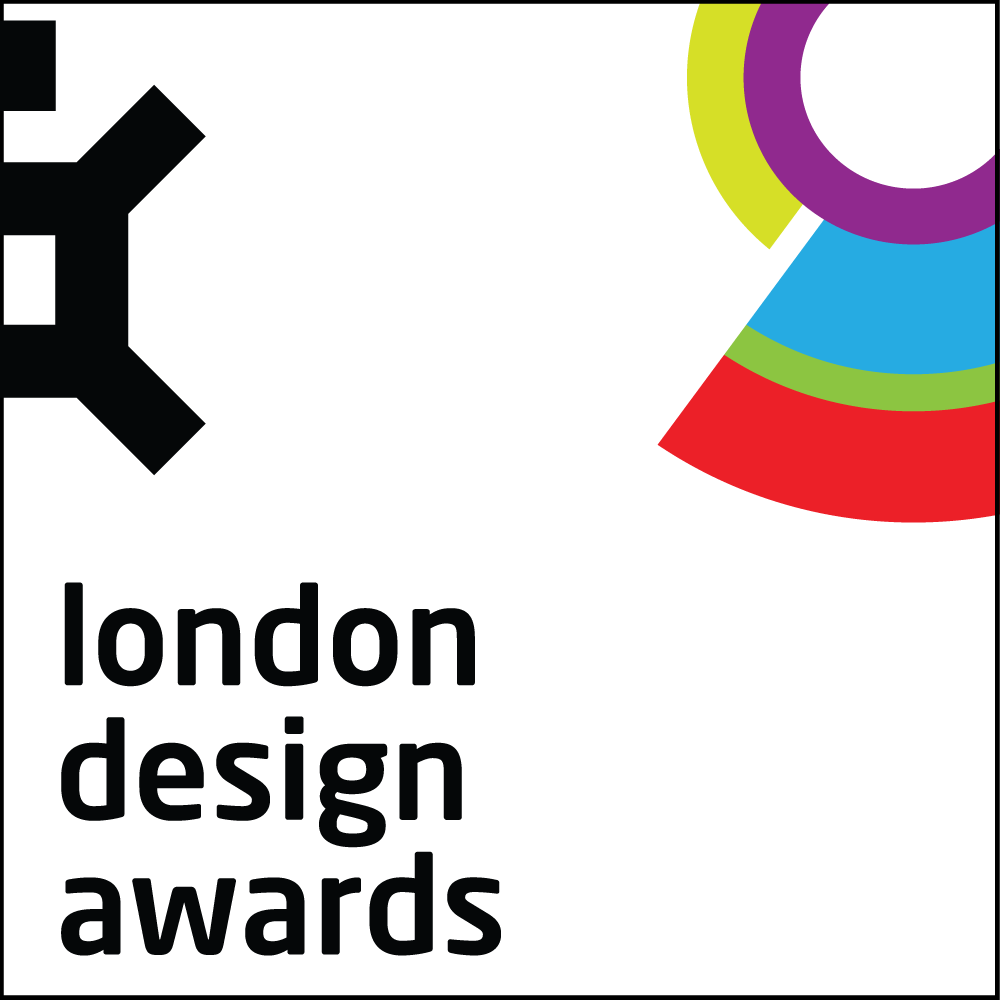


Image Credit : Joanne McEwan, Let's Talk FGM

Project Overview
Let’s Talk FGM is an app to prevent female genital mutilation (FGM) and help FGM survivors, by facilitating discussion about the practice.
The ‘Let's Talk FGM’ iPad app was designed by Joanne McEwan (https://twitter.com/joanne_mcewan), a public health nurse at Oxford Health NHS Foundation Trust and awardee of a Mary Seacole Leadership Award, with the help of FGM survivors and campaigners.
FGM involves removal or harm to female genitalia for non-medical purposes. While it is illegal in the UK, it affects approximately 137,000 girls and women in the country, although actual numbers are unconfirmed.
The app’s content includes soundbites of key information in five languages about:
- the impact of FGM,
- why it happens,
- the law and how to protect children,
- as well as providing local support for survivors.
The app also includes video interviews with FGM survivors, campaigners and health professionals who support FGM survivors.
Joanne won funding for the project via the Mary Seacole Leadership Award, which recognises outstanding work in the in the BME (black and minority ethnic) community.
Project Commissioner
Project Creator
Team
Oxford Health NHS - Joanne McEwan with the help of FGM survivors and campaigners.
White October - Frances Place, Sarah Plant, Dave Fletcher, Mat Gadd, plus...
Project Brief
Joanne came to us with an idea to use technology to help health visitors to sensitively enquire about FGM, identify girls at risk of FGM and direct FGM survivors towards care and support.
The app needed to be focussed on the countries represented by the communities in Oxford, in order to give relevant, contextual information that would resonate with those at risk of or affected by FGM.
The aim was to produce something visually engaging and relatable, using translated soundbites of information that would be easily digestible in a short appointment slot.
Joanne hoped to get as much input as possible from other health professionals, FGM survivors and experts and community groups to ensure the success of the app.
Project Need
How do you sensitively start a discussion about Female Genital Mutilation?
“FGM is a difficult subject to discuss, I wanted to produce something that could help professionals enquire sensitively about FGM.”
Joanne McEwan, health visitor, Oxford.
Health visitors get very limited time with their patients, having to cover a whole range of topics, leaving very little time to sensitively broach the subject of FGM.
Add to this the diverse communities found in Oxford, from a variety of countries, speaking different languages, all of which have different terms for the practice, and effectively preventing FGM becomes a very difficult job.
The need was to equip the health visitors with facts about the condition that they could easily share with the families they are working with, with soundbites and videos that aim to dispel some of the myths around the practice, and help to connect the families with the realities of it.
The need was originally found with healthcare professionals but pilot testing in Oxfordshire found that community and campaign groups found it a very useful tool as well, particularly for educating groups of people about the practice.
User Experience
The most important factor was presenting content in a simple, easily digestible way that could educate the health visitor, and help them to educate their patients.
Translated soundbites are a core part of the experience. Besides English, the app includes content in Somali, Swahili (spoken in large parts of Africa, including Kenya), Arabic (both Egyptian and Sudanese dialects), Tagrinya (spoken in Eritrea) and Mandinka (spoken in Gambia and Western Africa).
Videos are used to great effect bringing the app to life, providing reassurance using engaging content on expert views and interviews with survivors. Joanne recorded these herself, with her network and the survivors she has worked with achieving expert videos and testimonials.
The app has been structured to allow the health visitor to dip in and out of information depending on the direction of the conversation. Whilst providing information, it needed to be unobtrusive when used in the appointment.
The photographs and video content in the app were chosen carefully to resonate with the users of the app, making it an attractive tool for the visitors to use in a session with the person affected.
Feedback from the pilot trial was overwhelmingly positive.
Project Marketing
Marketing of the project has included the following:
- Trial with 400 health professionals in the Oxfordshire region.
- Press release with press interest, interview, local coverage and the British Journal of Healthcare.
- Radio Oxford interview.
- Event exhibition attendance on White October stand at Digital Health Oxford (DHO) and thehill.co. including face-face discussion with advice on product development.
- Event exhibition attendance at Oxford Health AGM.
- Joanne is presenting the app at DHO on 11 October next.
- Production of Project Overview flyer and banner, for event use and general marketing.
- Launch: now live on the App Store
Plus many activities via Joanne and Oxford Health.
Project Privacy
No privacy requirements - all live on the app store.
Digital - Health
From ground-breaking apps accelerating medical research to apps helping consumers make healthier choices, we're looking for apps that are making health information and medical services more accessible to all.
More Details

